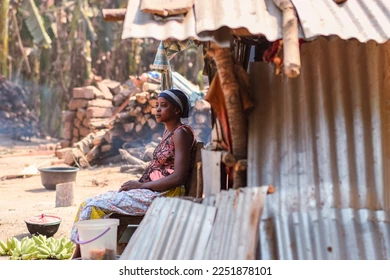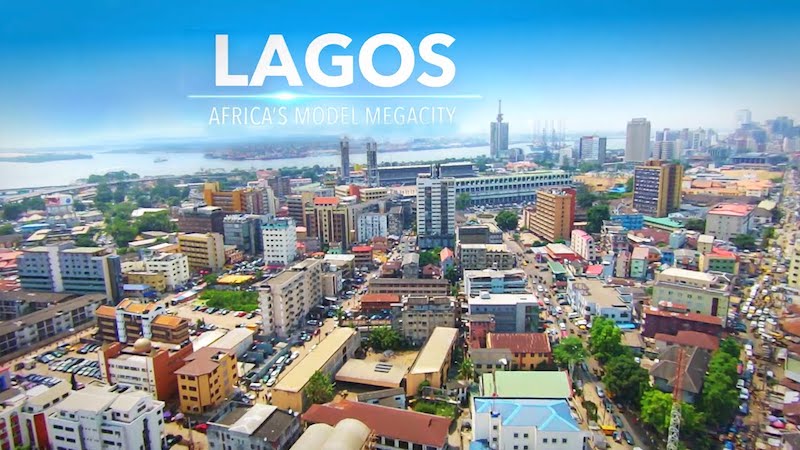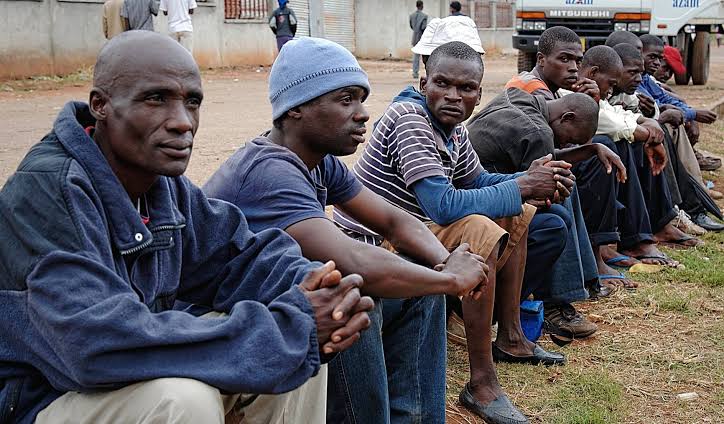I have known Ebute Meta since I started to sense my existence. In fact, I believe my mom has been taking me there since infancy.
When I came into an awareness of my being, I was carried away by the well-laid streets, the street lamps, the clean gutters, the waste disposal system, and so on.
Most people were office workers. In fact, the now comatose Railway Corporation was a good employee of the general population.
I found the average E/B adult to be less formal than I was used to. Most of them had aliases, and they often liked their aliases to be prefixed with ‘sir’. They were a lesson in conviviality.
The adults were also relatively free with their money. For every errand, they sent a younger one; a tip was awaiting him.
At Ebute Meta, I got used to various types of food being sold by itinerant and stationary sellers.
Some of these were the dodo merin kobo, fried plantain sold at four for a kobo, Iya kisun, the woman who never slept, so named because she would be there till the wee hours selling fried plantain, yam, akara and of course, fish. The various alamala spots and the fufu idiko and foofoo were bought at the railway station. The foofoo was usually brought from Idogo in Ogun State, and it would still be warm when bought. Then we had the aganyin, Togolese women who sold beans with bread or yam. They made the beans in a way that would always make their customers ask for more. I shouldn’t forget the nicely roasted and garnished pork and the suya, which were handy when soaking gari. Gari was also soaked with smoked fish bought from Oko Baba.
We can’t do justice to a. story of Ebute Meta, without mentioning nearby settlements. Let’s look at Iyandoro or Oko Baba as it was popularly called. It was where timber, mainly from Ondo State, was sold. The word, ‘sold’, is an understatement. ‘Processed’ more fittingly described what went on there. The timber got to Oko Baba by being floated on the ocean from Ondo State. The timber merchants and their representatives would build huts on the wood and sail with their timber. I wouldn’t have believed it if a friend whose mother was a merchant had not taken me on a sort of excursion there.
There was more often than not a fire outbreak there. It was either someone had thrown an unquenched cigarette stub into some sawdust, or someone felt the wood shavings were getting too much for comfort and set fire to them. But what such people didn’t reckon with was the fact that the place was next to the ocean. So, assisted by the ocean breeze, there would be a fire outbreak.
Fire incidences became annual occurrences at one point in time. One would have thought the residents would have been given crash courses in firefighting.
If you really cared to know why an elderly bachelor was especially close to a male youngster, the youngster must have been the carrier of messages between the bachelor and the love of his life. In most cases, the youngster benefitted a lot from the relationship.
In any case, it was a learning process. When the youngster became old enough, he would have been used to the ways of the opposite sex.
Ebute Meta had various halls. An example was the historical Lisabi Hall, which played host to various travelling theatres, such as those led by Herbert Ogunde, Moses Olaiya, Duro Ladipo, Kola Ogunmola, etc.
Lisabi Hall also doubled as a magistrate’s court during the day.
There were also libraries in E/B.
There were also public water taps, which proved to be the small beginnings of many a family. The taps were installed at various convenient junctions. We also had public toilets.
The gutters were so clean that we, children, sailed our paper boats in them.
And, of course, Ebute Meta people loved having ebo, as parties were then called. A friend would normally say he felt like eating a specially prepared dish for parties. Of course, we didn’t need to go far before finding a party where they were celebrating whatever.
By the way, I shouldn’t forget the fact that some streets are named after major towns. For instance, we have Kano, Ondo, Jeba, Abeokuta, etc. Streets. What’s more, some of these streets are duplicated at Ebute Meta West. That’s another peculiar thing about the place: It has East and West, which is demarcated by the railway line.
The last time I was at Ebute Meta, most of these things had run down!
030918







